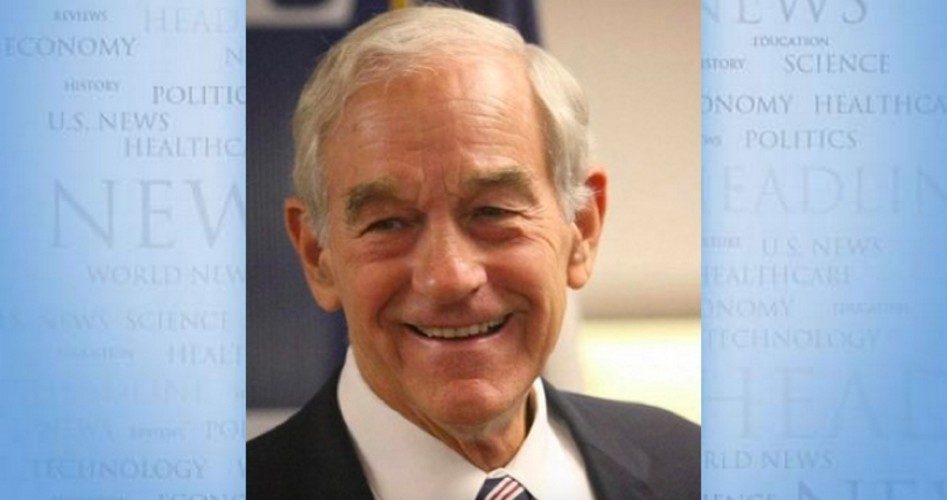
Federal Reserve Chair Janet Yellen recently predicted that, thanks to the regulations implemented after the 2008 market meltdown, America would not experience another economic crisis “in our lifetimes.” Yellen’s statement should send shivers down our spines, as there are few more reliable signals of an impending recession, or worse, than when so-called “experts” proclaim that we are in an era of unending prosperity.
For instance, in the years leading up to the 2008 market meltdown, then-Fed Chair Ben Bernanke repeatedly denied the existence of a housing bubble. In February 2007, Bernanke not only denied that “sluggishness” in the housing market would affect the general economy, but predicted that the economy would expand in 2007 and 2008. Of course, instead of years of economic growth, 2007 and 2008 were marked by a market meltdown whose effects are still being felt.
Yellen’s happy talk ignores a number of signs that the economy is on the verge of another crisis. In recent months, the US has experienced a decline in economic growth and the value of the dollar. The only economic statistic showing a positive trend is the unemployment rate — and that is only because the official unemployment rate does not count those who have given up looking for work. The real unemployment rate is at least 50 percent higher than the manipulated “official” rate.
A recent Treasury Department report’s call for rolling back bank regulations could further destabilize the economy. This seems counterintuitive, as rolling back regulations usually contributes to economic growth. However, rolling back bank regulations without ending subsidies like deposit insurance that create a moral hazard that incentivizes banks to engage in risky business practices could cause banks to resume the unsound lending practices that were a major contributor to the growth, and collapse, of the housing bubble.
The US economy is already faced with several bubbles that could implode at any time. These include bubbles in student loans and automobiles sales, and even another housing bubble. The most dangerous of these bubbles is the government bubble caused by excessive spending. According to a 2016 study by the Mercatus Center, at least four states could soon join Puerto Rico and Illinois in facing bankruptcy.
Of course, the mother of all government bubbles is the federal spending bubble. Despite claims of both defenders and critics of the president’s budget, neither President Trump nor the Republican Congress have any plans for, or interest in, reducing spending in any area. Even the so-called cuts in Medicare and other entitlement programs that have generated such hysterics are not real cuts, but “reductions in the rate of growth.”
Some fiscal conservatives are praising the administration’s proposal to finance transportation spending via government bonds. However, the people will eventually have to pay for these bonds either directly through income taxes or indirectly through the inflation tax. Government-issued bonds harm the economy by diverting investment capital away from the private sector to the “mixed economy” controlled by politicians, bureaucrats, and crony capitalists.
If Congress continues to increase spending and the Federal Reserve continues to facilitate that spending by monetizing the debt, Americans will face an economic crisis more severe than the Great Depression. The crisis will likely result from a rejection of the dollar as the world’s reserve currency. Those of us who know the truth must redouble our efforts to ensure a peaceful transition away from the Keynesian system of welfare, warfare, and fiat currency to a society of peace, prosperity, and liberty.
Ron Paul is a former U.S. congressman from Texas. This article originally appeared at the Ron Paul Institute for Peace and Prosperity and is reprinted here with permission.


